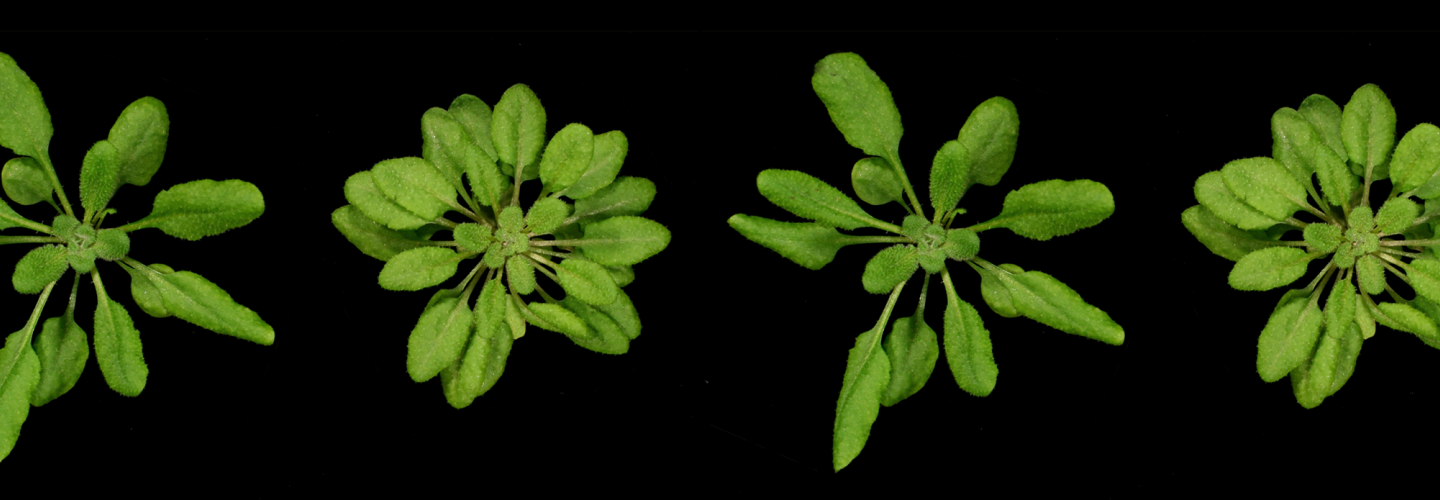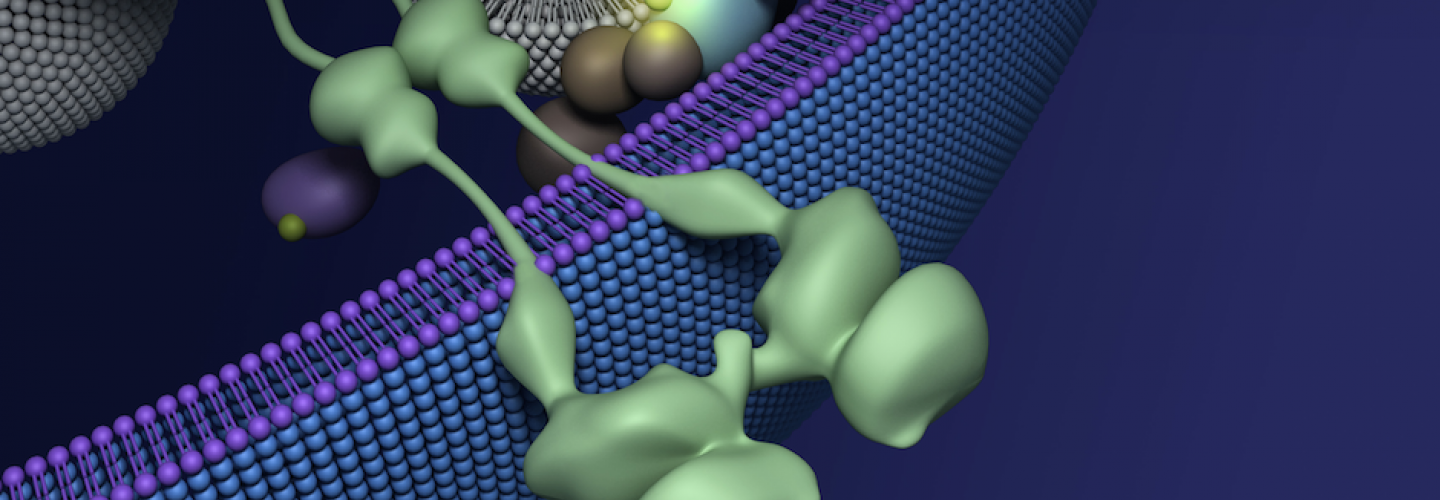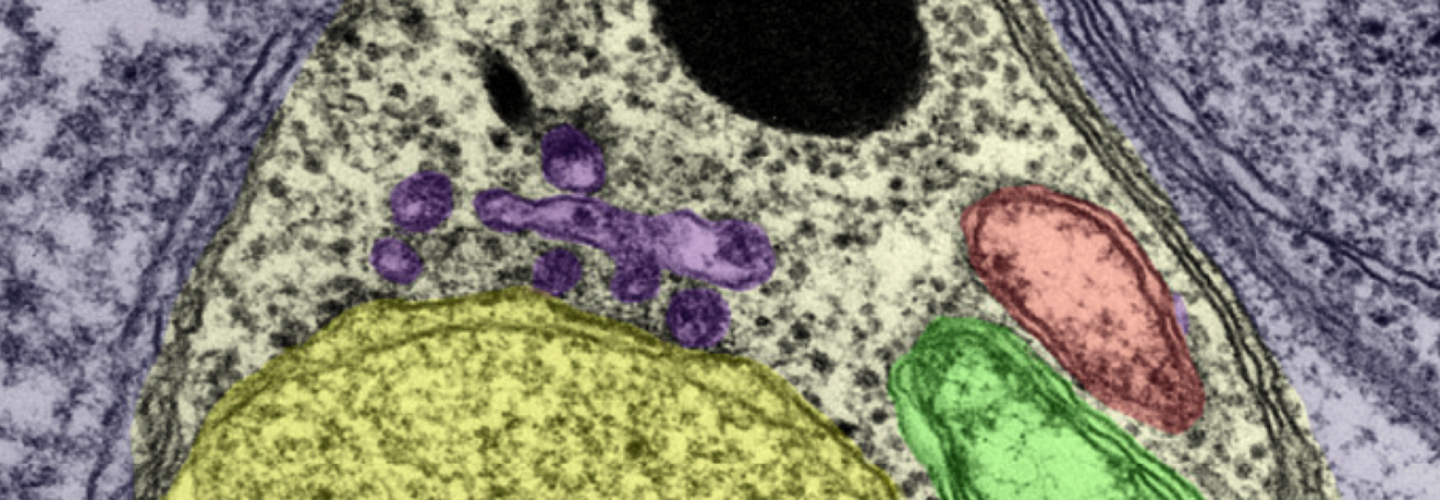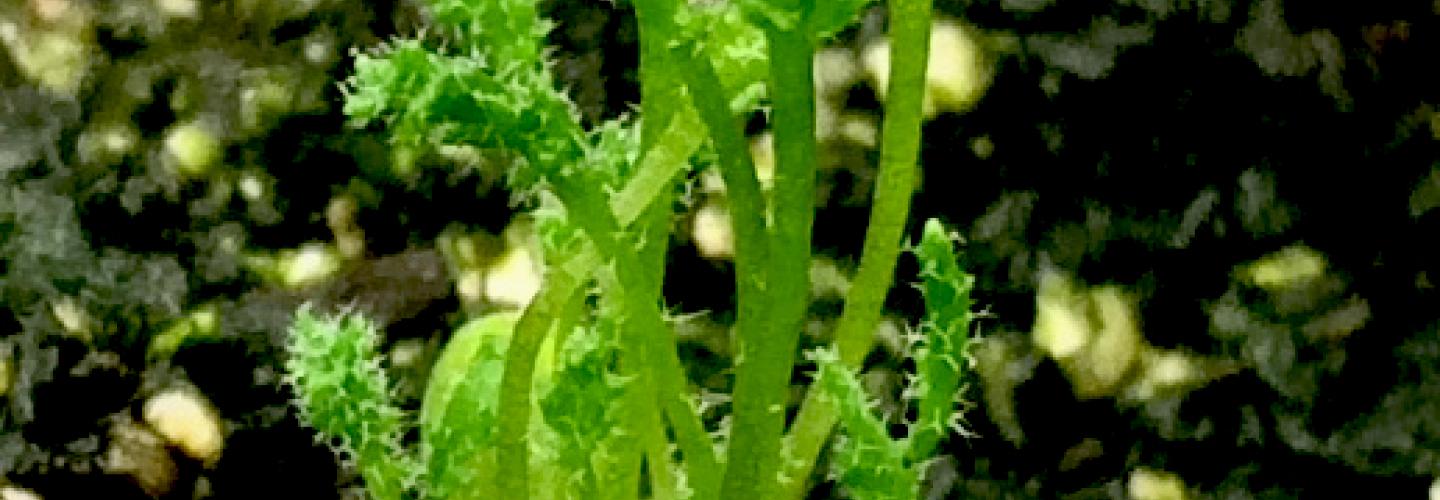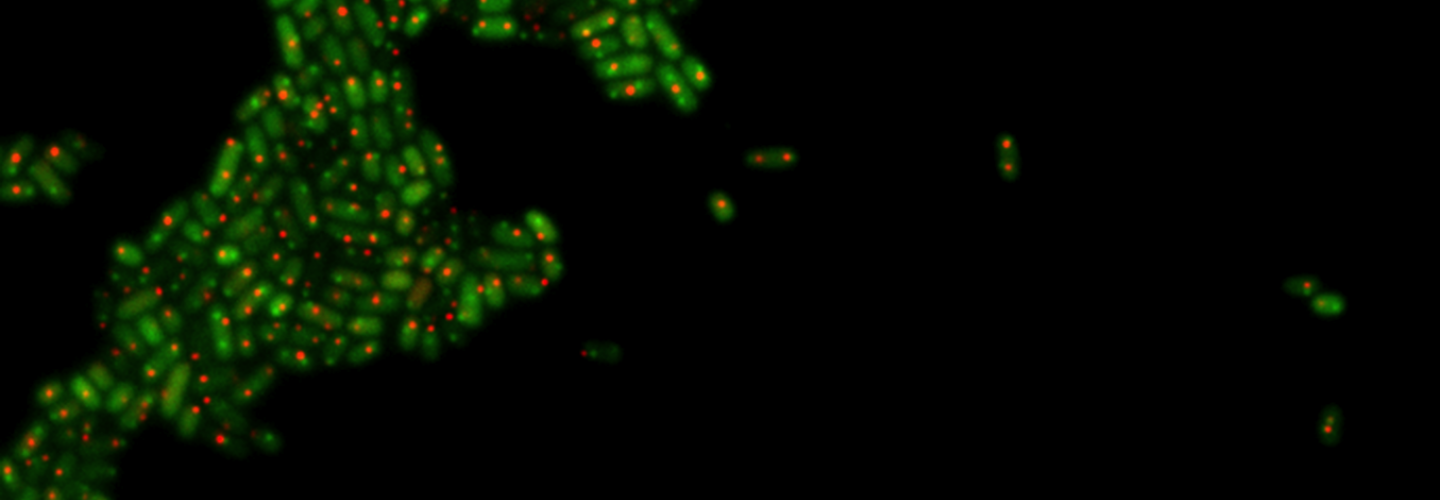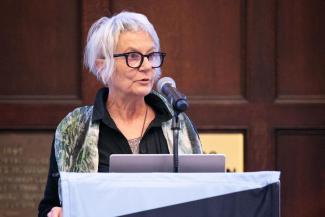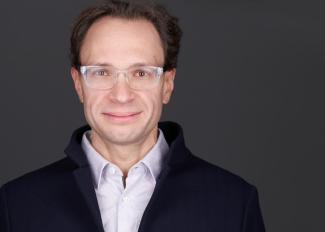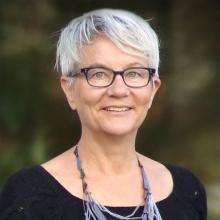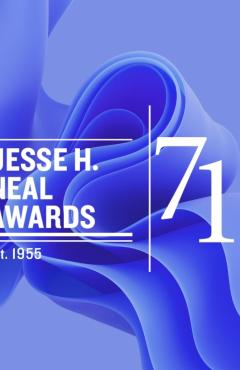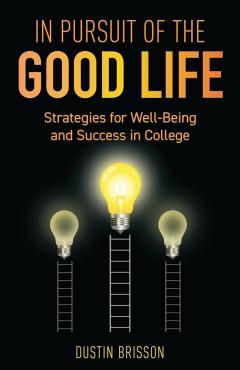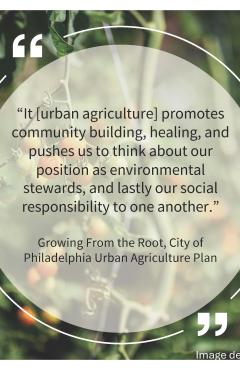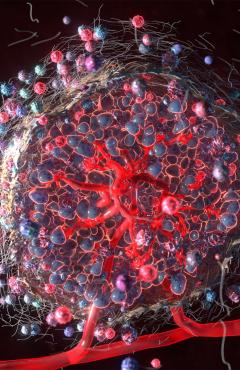Biology is fundamental to our changing world. The 21st century challenge for our students, our scholars, and the greater society is to understand our place in this changing world and to create fundamental knowledge for informed policies, economies, and social structure.
Upcoming Events
News
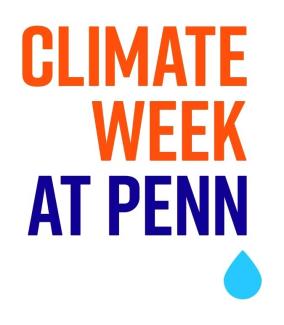
1.5 Minute Climate Lectures
Oct. 16, 2024
Read More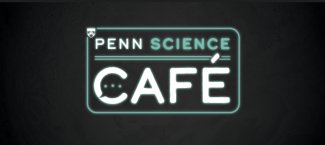
Penn Science Cafe - Plants on a Warming Planet
Sep. 25, 2024
Read More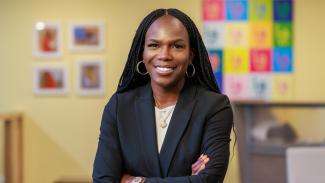
Memories and Manifestos
Aug. 8, 2024
Read More
Professor Philip A. Rea is this year’s winner of the Neal Award for scientific journalism
Congratulations to Professor Philip A.
Guide Book For College Students
Dustin Brisson consolidated notes from his years of teaching and advising to create a guidebook for undergraduates aimed at helping them achieve success and well-being.
Biology’s PlantARC receives "Urban Food Systems Community" of Practice Projects for Progress Grant
Projects for Progress provides funding for teams of University staff, students, and faculty in their efforts to address serious issues that impact everyday lives in the city of Philadel
SAS Graduate Division Ceremony: Featured Graduation Speaker Jessica Wojick!
SAS 2025 Graduate Division graduation ceremony features a speaker from our Biology program, Dr. Jessica Wojick!Cancer's tricks
Wei Guo of the School of Arts & Sciences and colleagues from the Perelman School of Medicine, School of Veterinary Medicine, and School of Engineering and Applied Science have teamed up to uncover how solid tumors manipulate cancer-fighting CAR T cells through extracellular vesicles. This causes the engineered CAR T cells to commit fratricide, essentially turning against each other instead of attacking the cancer.

